Innovative Tools in Modern Science Education, February 1st, 2025 Tunis
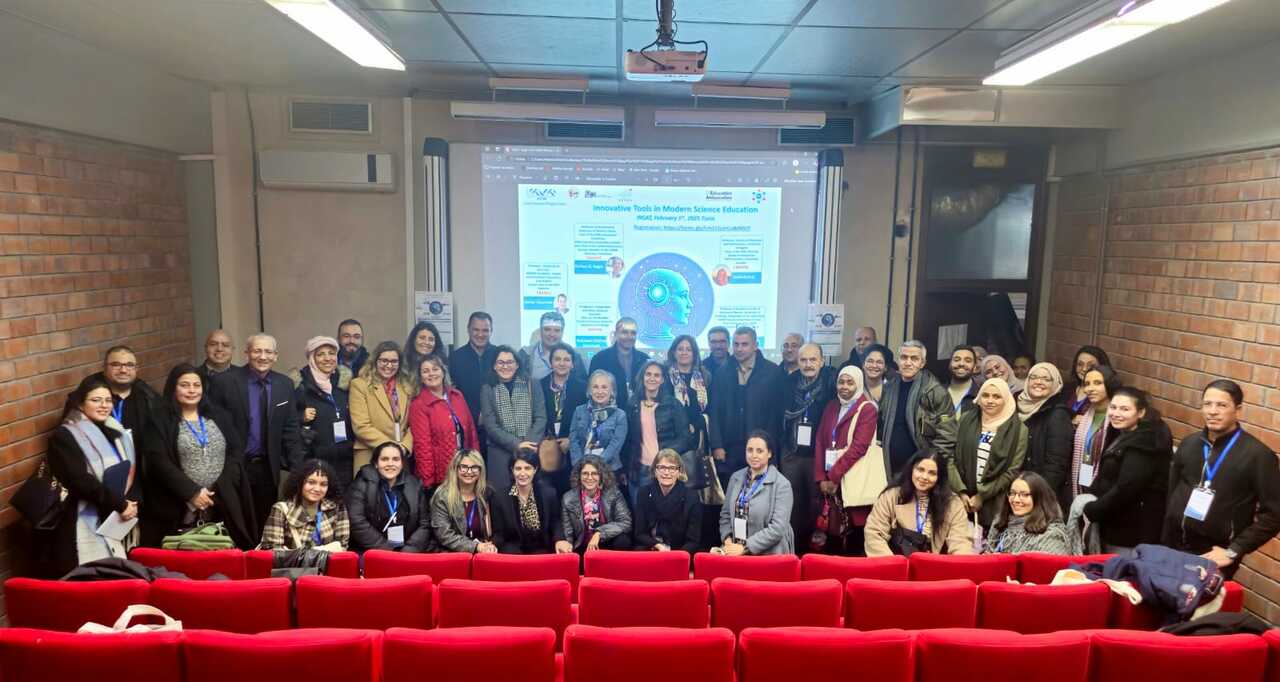
On February 1st, 2025, the Tunisian Association of Biological Sciences (ATSB), in collaboration with the Federation of European Biochemical Societies (FEBS) and the National Institute of Applied Biology and Technology (INSAT), organised an educational event titled "Innovative Tools in Modern Science Education."

The event brought together 70 participants, including 30 doctoral and postdoctoral researchers and 40 educators. This meeting marked a significant milestone for the ATSB, as it was specifically dedicated to education. Its primary goal was to raise awareness within Tunisian academic and research communities about the crucial role of science education in advancing the field. Participants engaged in insightful discussions on the future of life sciences education. Additionally, the event led to the establishment of a community of practice, fostering continued dialogue and collaboration on this essential topic.
The Biosciences education event was structured around plenary sessions, which included a Q&A segment to encourage engagement discussions and experience-sharing. Additionally, interactive workshops were conducted to provide hands-on learning opportunities.
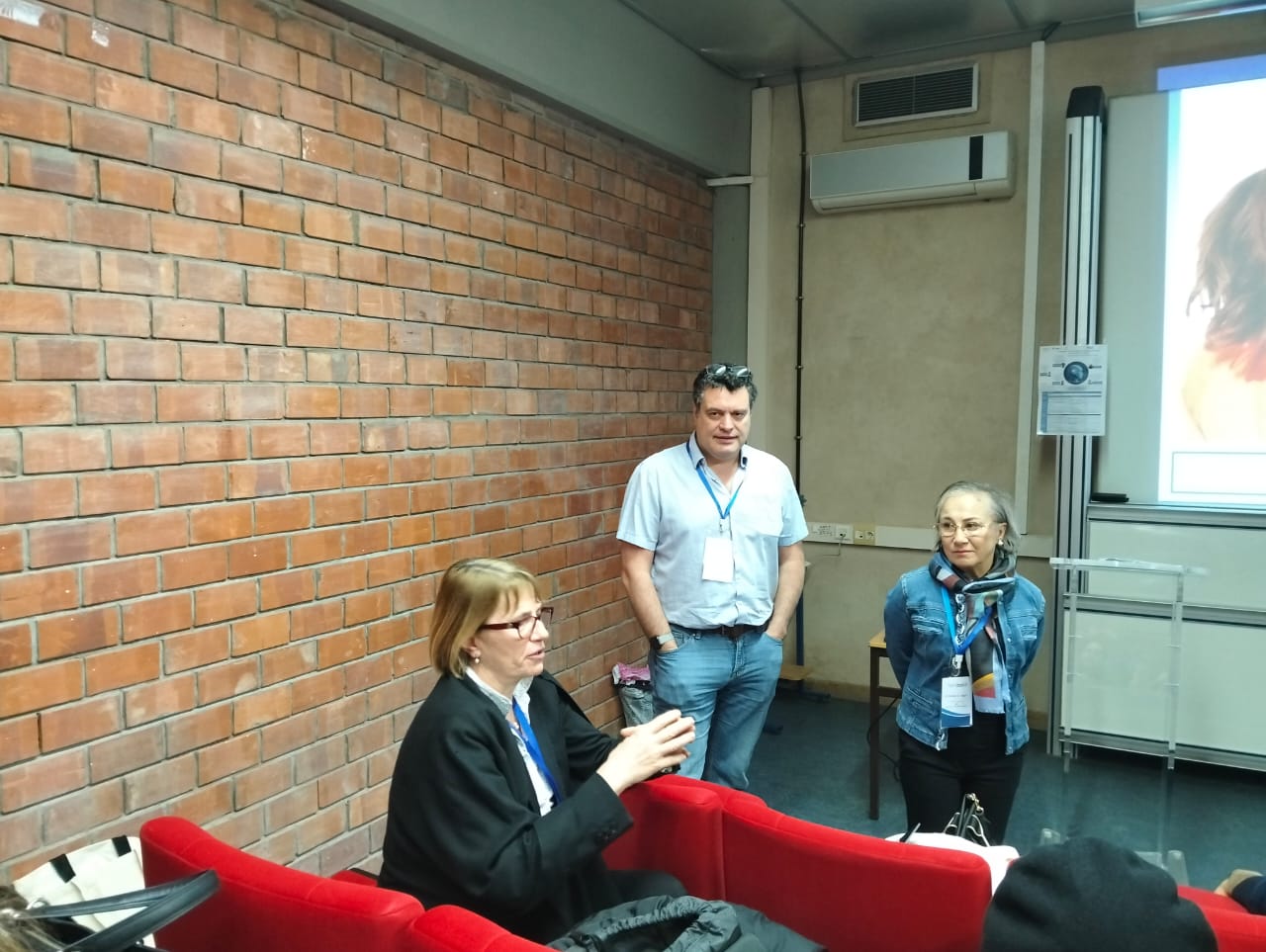
Plenary sessions 1: Bioethics and Ethical Considerations in Education
1. Ethical issues in research & good lab practices: An overview (Speaker: Prof Xavier Coumoul). This engaging lecture, complemented by an interactive workshop, highlighted the critical importance of scientific integrity and addressed key concerns related to research misconduct.
2. The art of writing a scientific paper (Speaker: Prof Ferhan Sagin). This lecture provided valuable insights into effective scientific writing, focusing on structure, clarity, and common challenges researchers face. It was followed by a practical workshop incorporating a Team-Based Learning (TBL) strategy, where participants engaged in small group discussions. The cases addressed key aspects of scientific writing, including creating an impactful title, overcoming challenges faced by non-native speakers, and handling inconsistent data in research manuscripts.
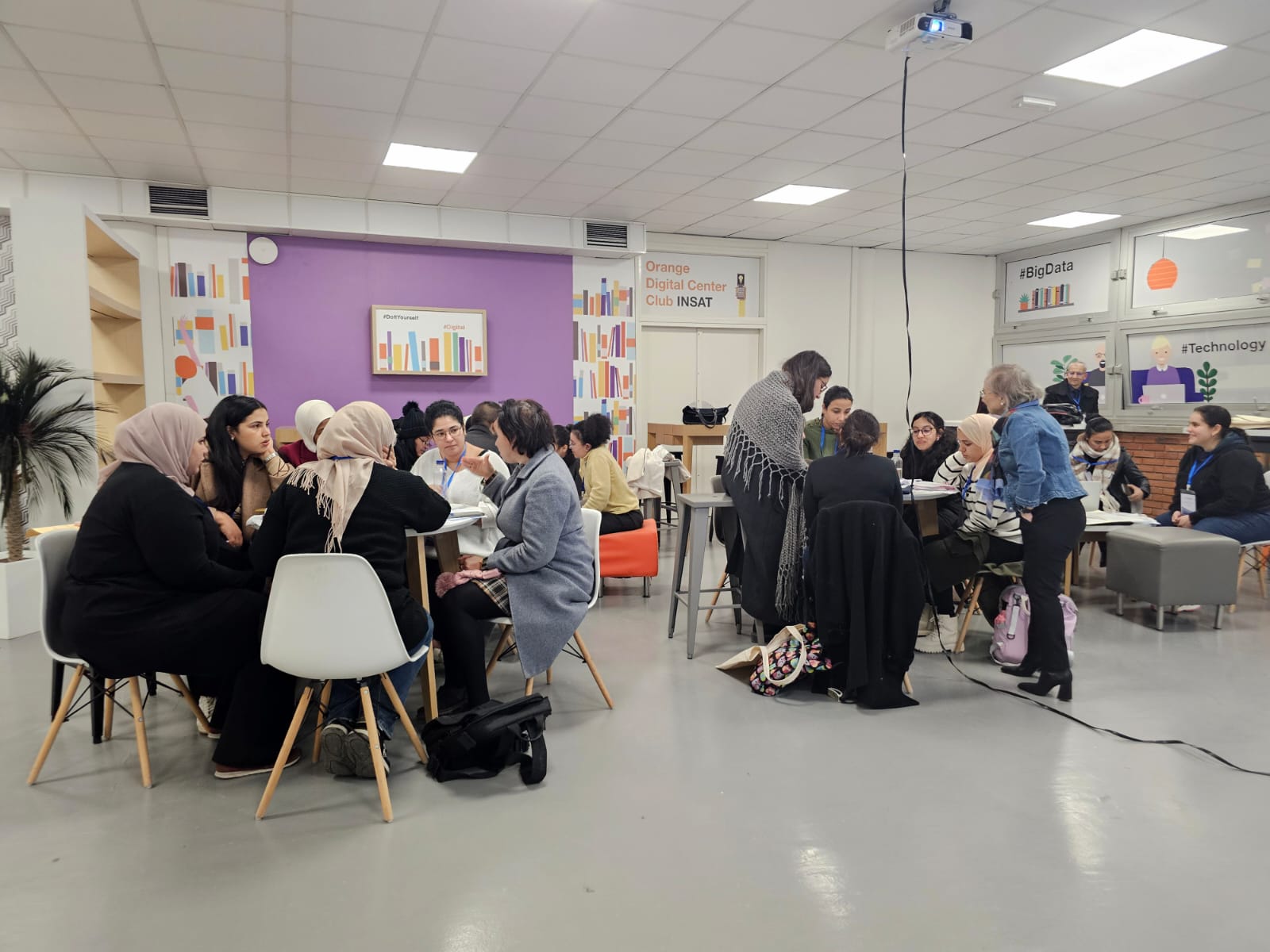
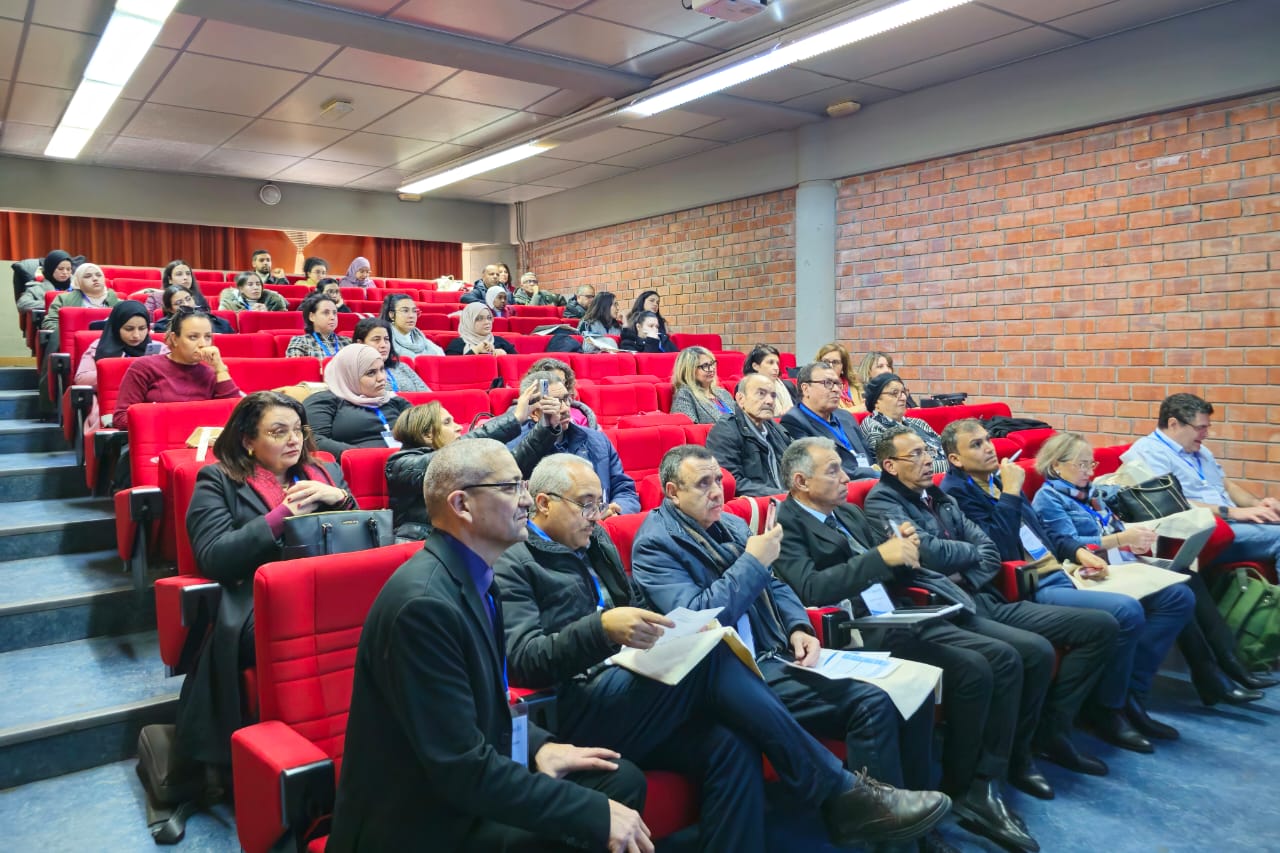
Plenary sessions 2: Active Learning & AI in Education
1. Why and how you should develop your teaching skills (Speaker: Prof Ferhan Sagin). This lecture emphasized the fundamental role of teaching in shaping all other professions. Prof Sagin highlighted the importance of continuous professional development for educators and shared practical strategies for both junior and senior researchers to enhance their teaching skills.
2. Transferable skills for the non-academic career (Speaker: Prof Jerka Dumic). This lecture and practical workshop focused on the key skills essential for students continuing their careers outside of academia. The session covered critical competencies such as problem-solving, project management, teamwork, and effective communication, providing attendees with valuable insights and strategies for career development beyond academia.
3. Educational Uses of Generative Artificial Intelligence (Speaker: Prof Houssem Eddine Lassoued). This lecture, followed by a practical workshop, focused on distinguishing generative AI from traditional AI. It explored the role of generative AI in education, highlighting its various applications. Additionally, the session emphasized how generative AI contributes to content creation, content simplification, interactive activities, visual support, personalized learning, and ideation.
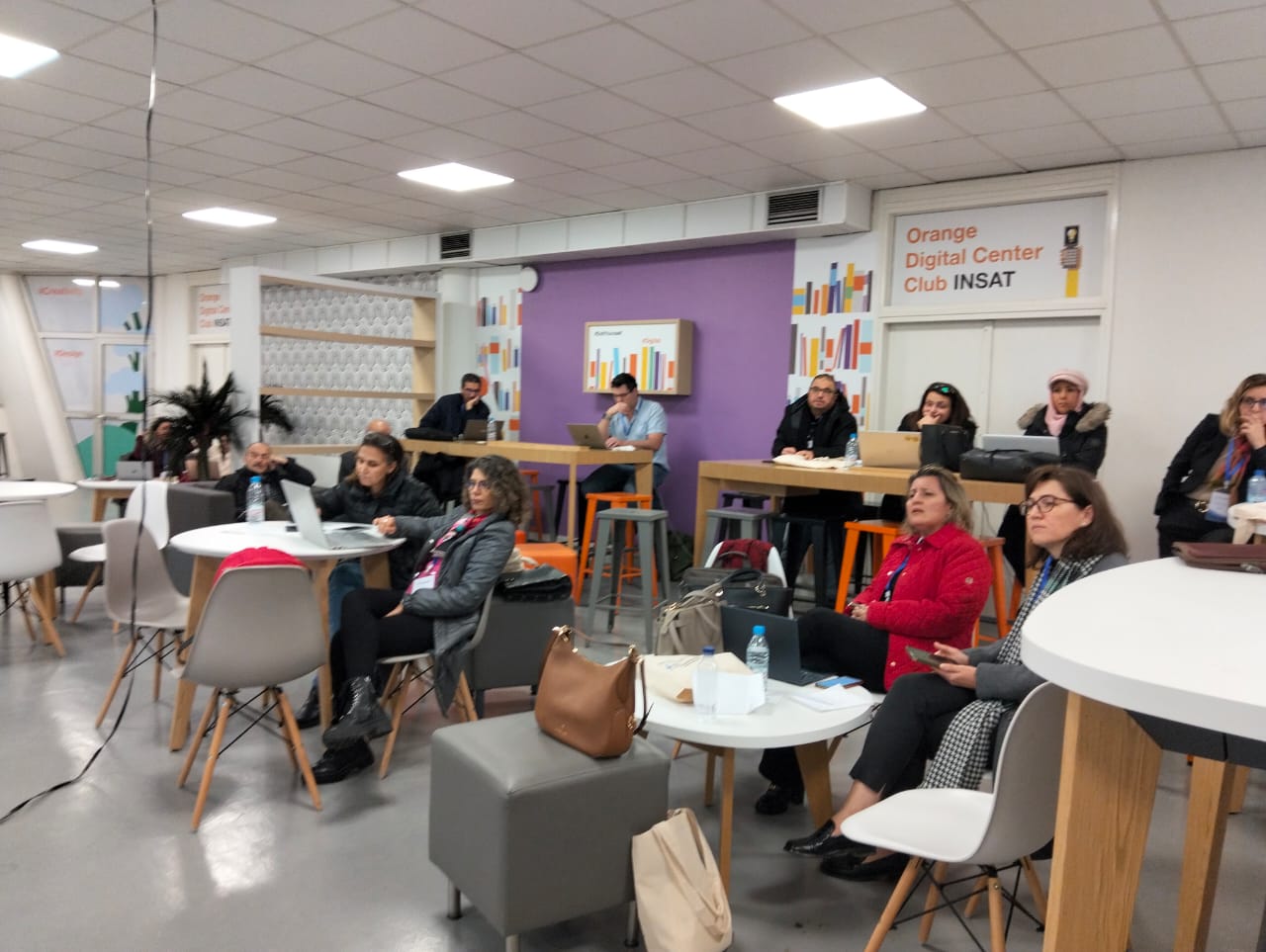
All workshops provided critical opportunities to foster brainstorming and encourage deep reflection among participants. Attendees had the chance to discuss creating a network dedicated to life sciences education strategies through the ATSB website, which includes forums, group discussions, and collaborative teamwork.
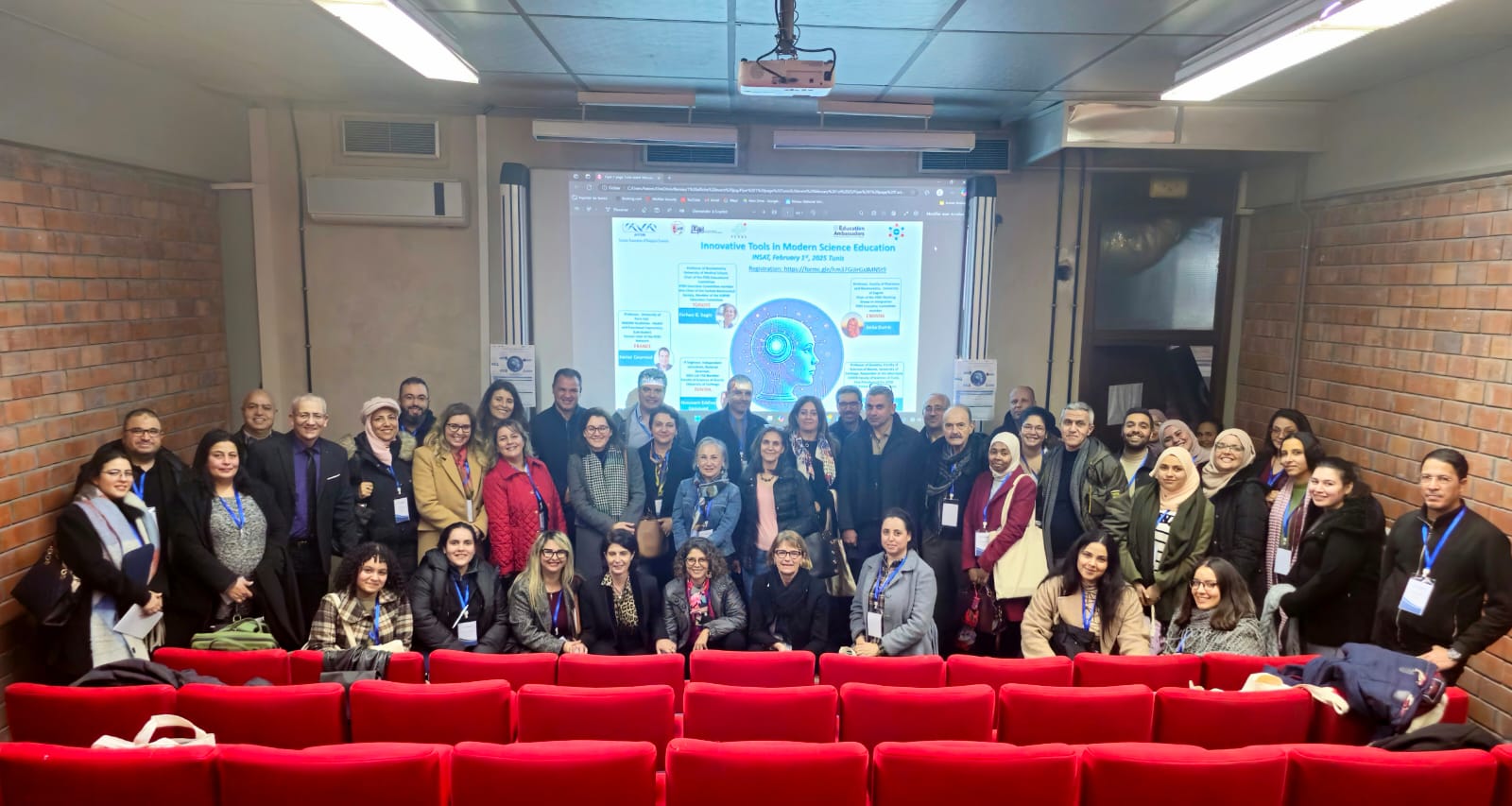
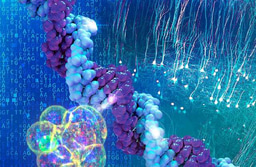
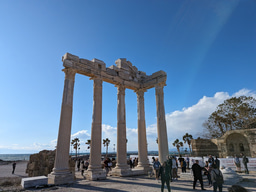

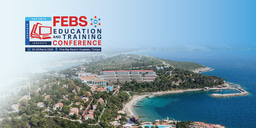
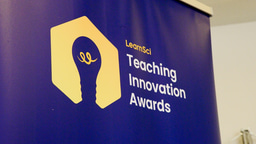
Join the FEBS Network today
Joining the FEBS Network’s molecular life sciences community enables you to access special content on the site, present your profile, 'follow' contributors, 'comment' on and 'like' content, post your own content, and set up a tailored email digest for updates.